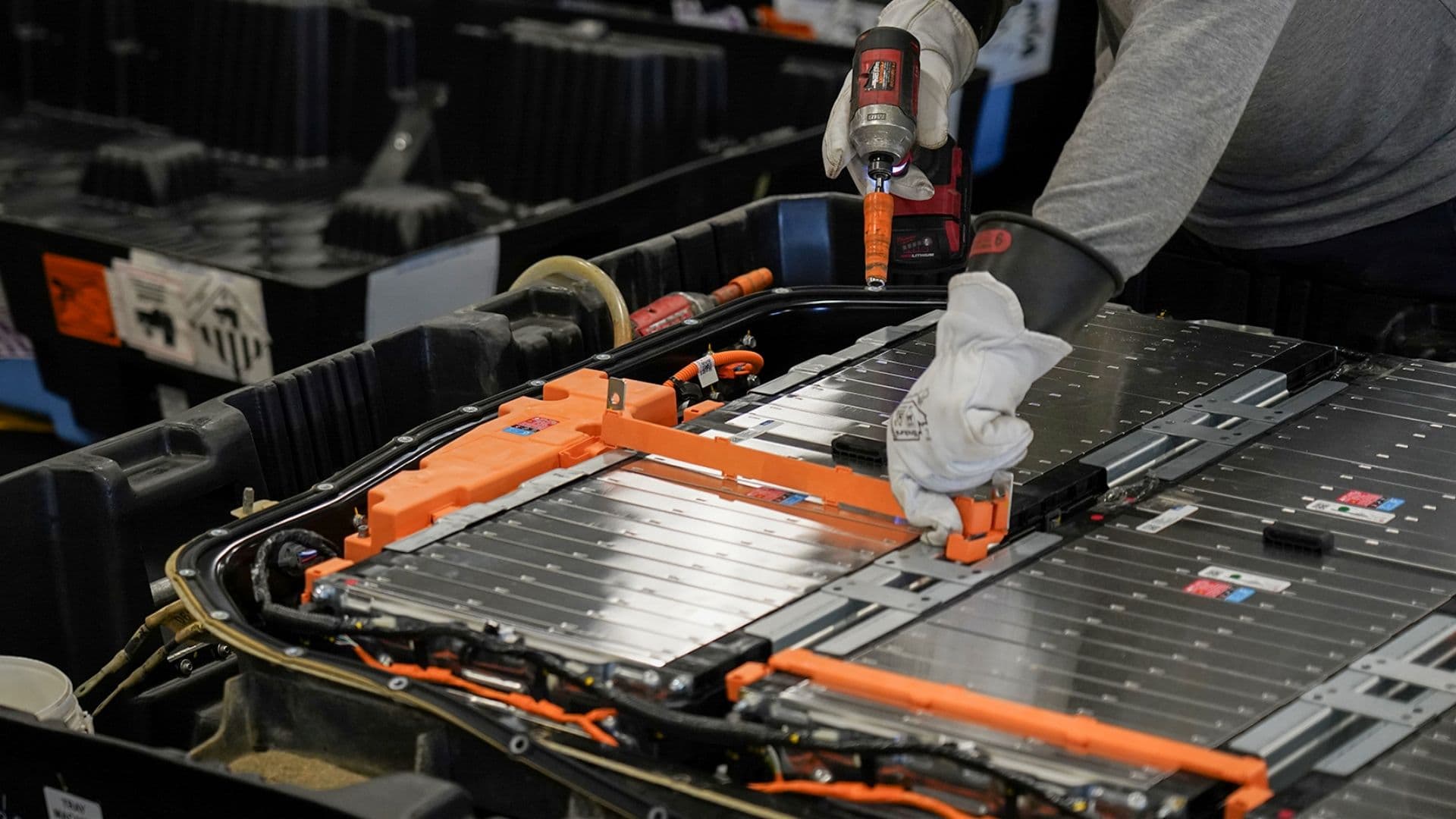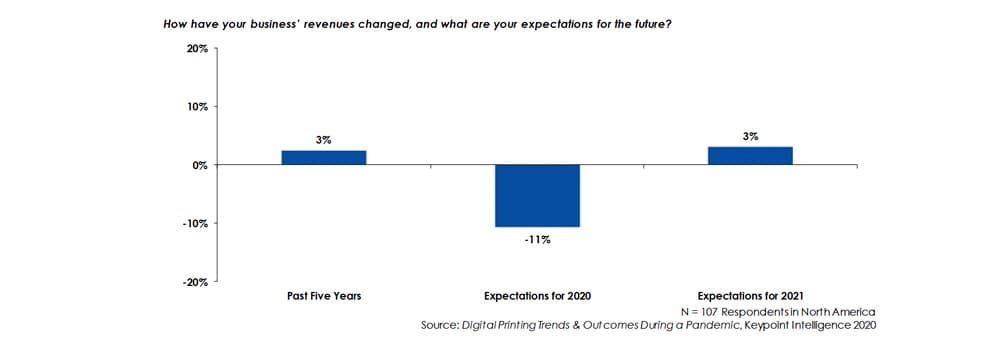Toyota Begins Battery Production, Boosting Regional Jobs and Investment
Toyota started production at its new electric vehicle battery manufacturing complex in Randolph County on November 12, 2025, a multi billion dollar project that has already employed more than 2,500 people and plans to reach roughly 5,100 workers at full production. The ramp up matters for Guilford County because it will reshape the Piedmont Triad labor market, create supplier opportunities for local firms, and prompt infrastructure and workforce planning across the region.

Toyota’s announcement that battery production has begun at its Randolph County complex marked a major step in the company’s multi billion dollar investment in the region. The site had employed more than 2,500 people as of November 12, 2025, with plans to expand to roughly 5,100 workers when full production is reached. The project has already triggered state and local economic development incentives and infrastructure work that will reverberate through the Piedmont Triad economy.
For Guilford County residents the most immediate effects are employment and business opportunities. The expanding plant draws on the regional labor pool centered in Greensboro and High Point, increasing demand for both skilled assembly workers and technicians. Local suppliers in manufacturing, logistics, and construction stand to gain contracts as the battery complex integrates into a broader regional supply chain. That supply chain activity could generate secondary jobs in parts production, maintenance, and transportation services across the Triad.
The onset of production also intensifies competition for workers and for housing near job centers. Employers in Guilford County may face upward pressure on wages as firms compete for qualified candidates. In addition, increased commuter flows and heavy truck traffic associated with supplier shipments could accelerate calls for road upgrades and other infrastructure improvements that local governments have already begun to plan in coordination with state agencies.
From a market and policy perspective the project underscores North Carolina’s growing role in electric vehicle manufacturing and battery production. The facility is part of a broader national shift toward electrification that is attracting component makers and investment dollars to manufacturing hubs. For policymakers the priority will be aligning workforce training, transportation investment, and local permitting to capture long term benefits while managing short term strains.
Local officials and workforce organizations will be key players in channeling new openings to Guilford County residents and in preparing training programs for the skills the plant requires. Original reporting by the High Point Enterprise documented the production start and employment plans, and local economic development offices say attention will now shift to maximizing regional gains from the plant’s long term operation.


